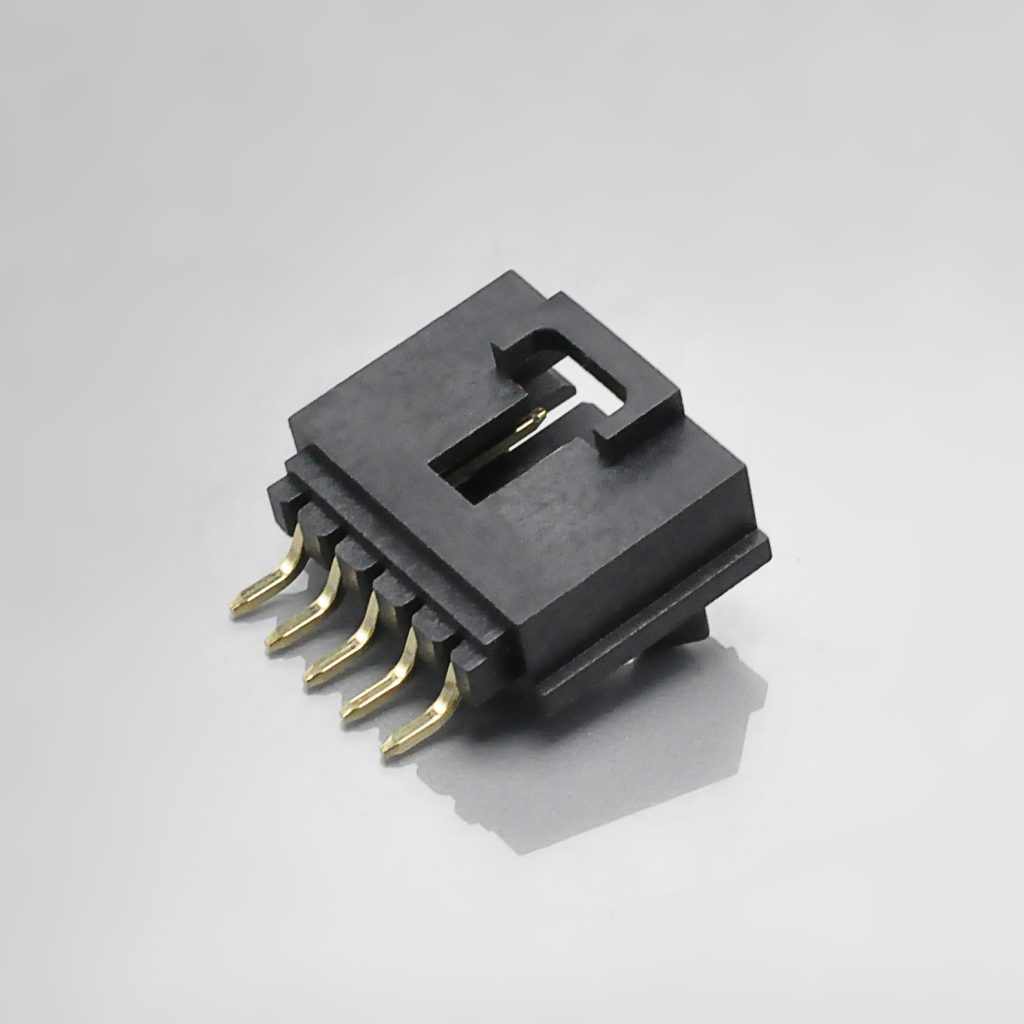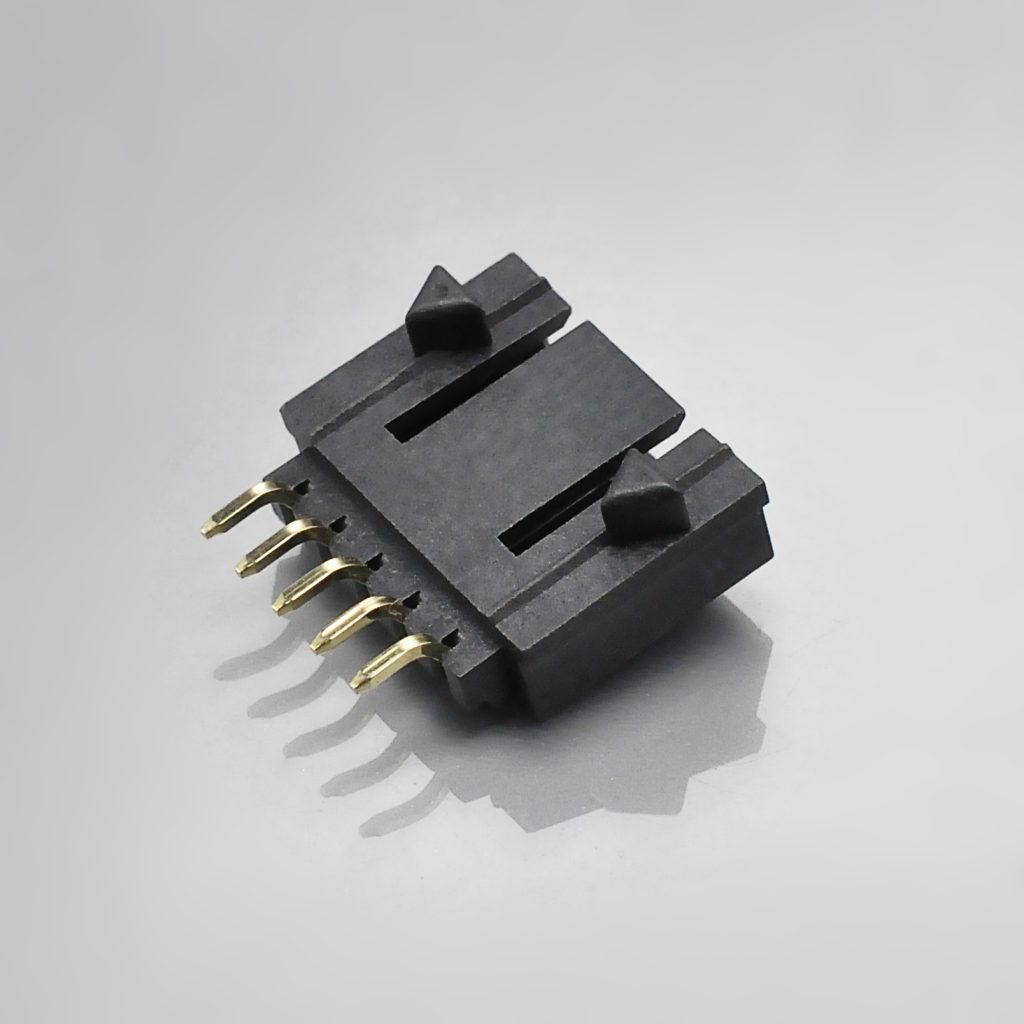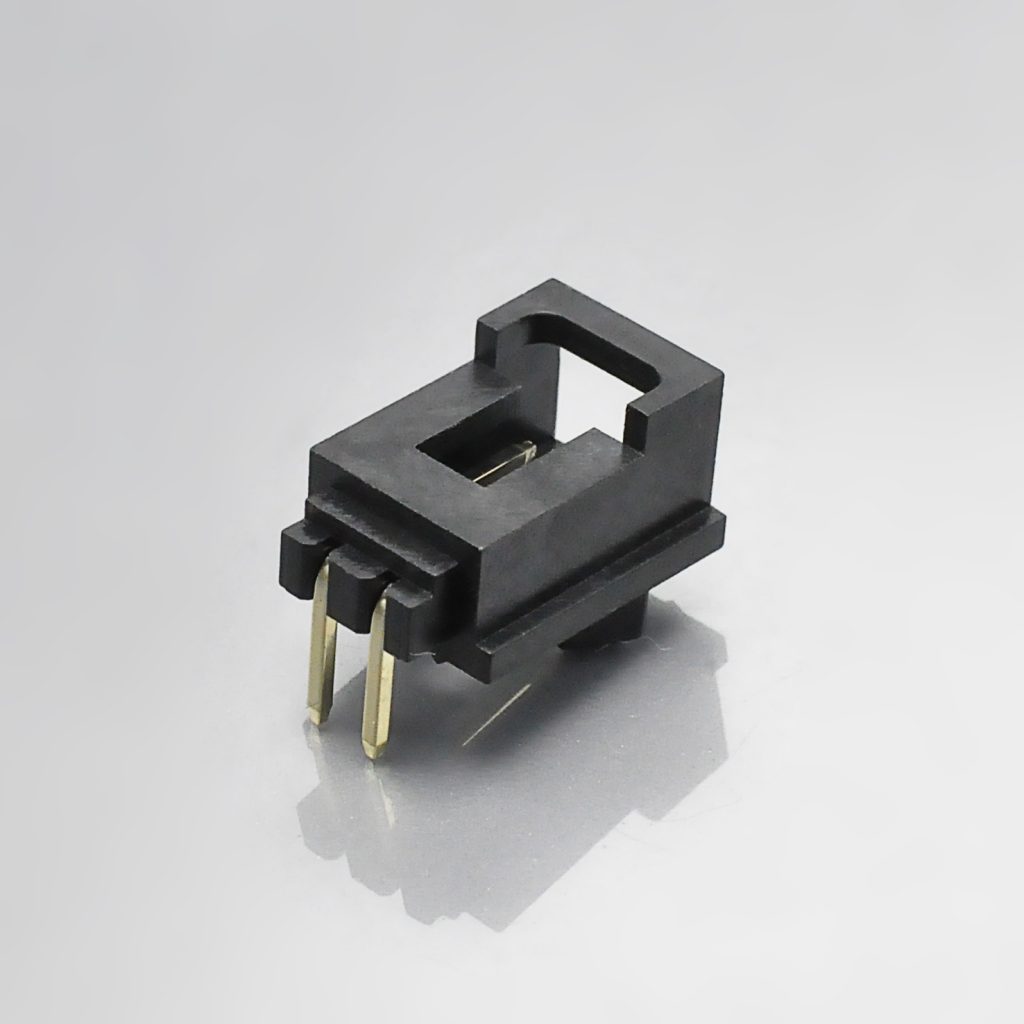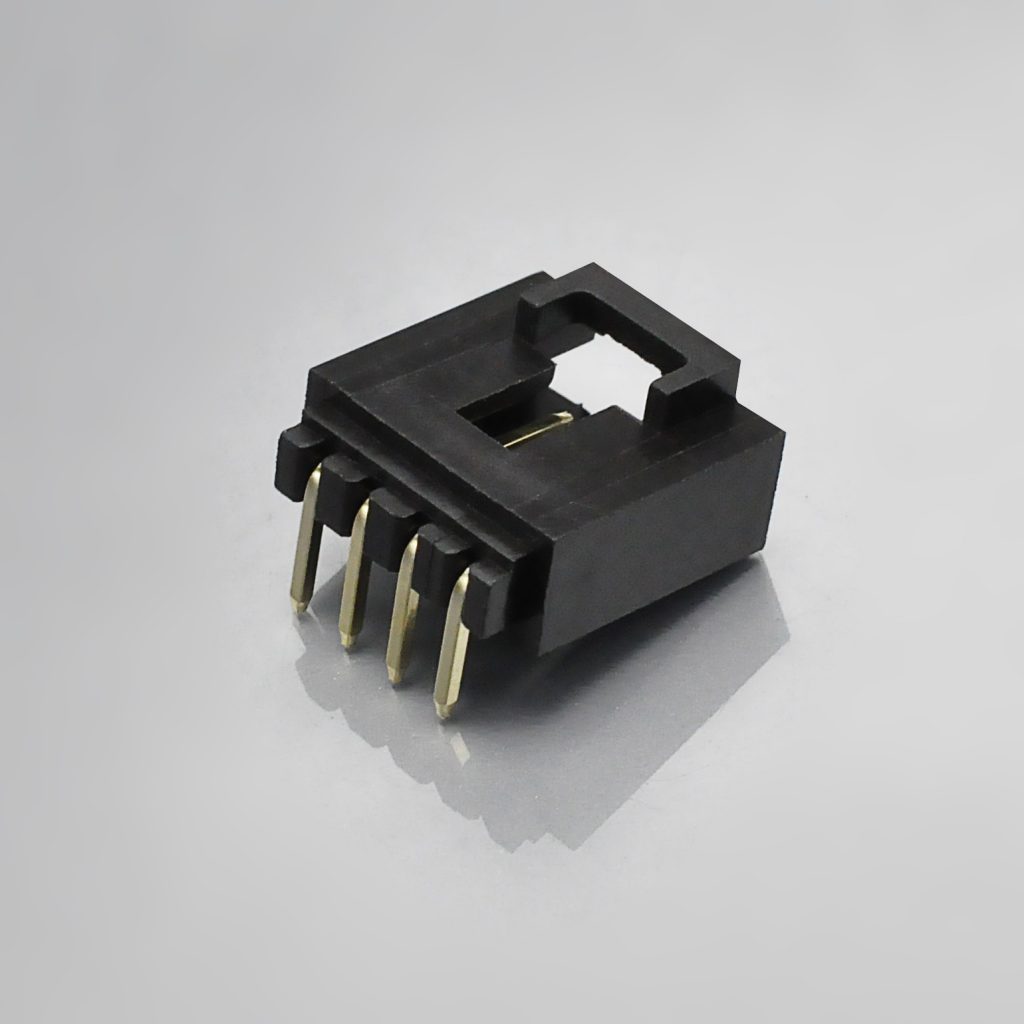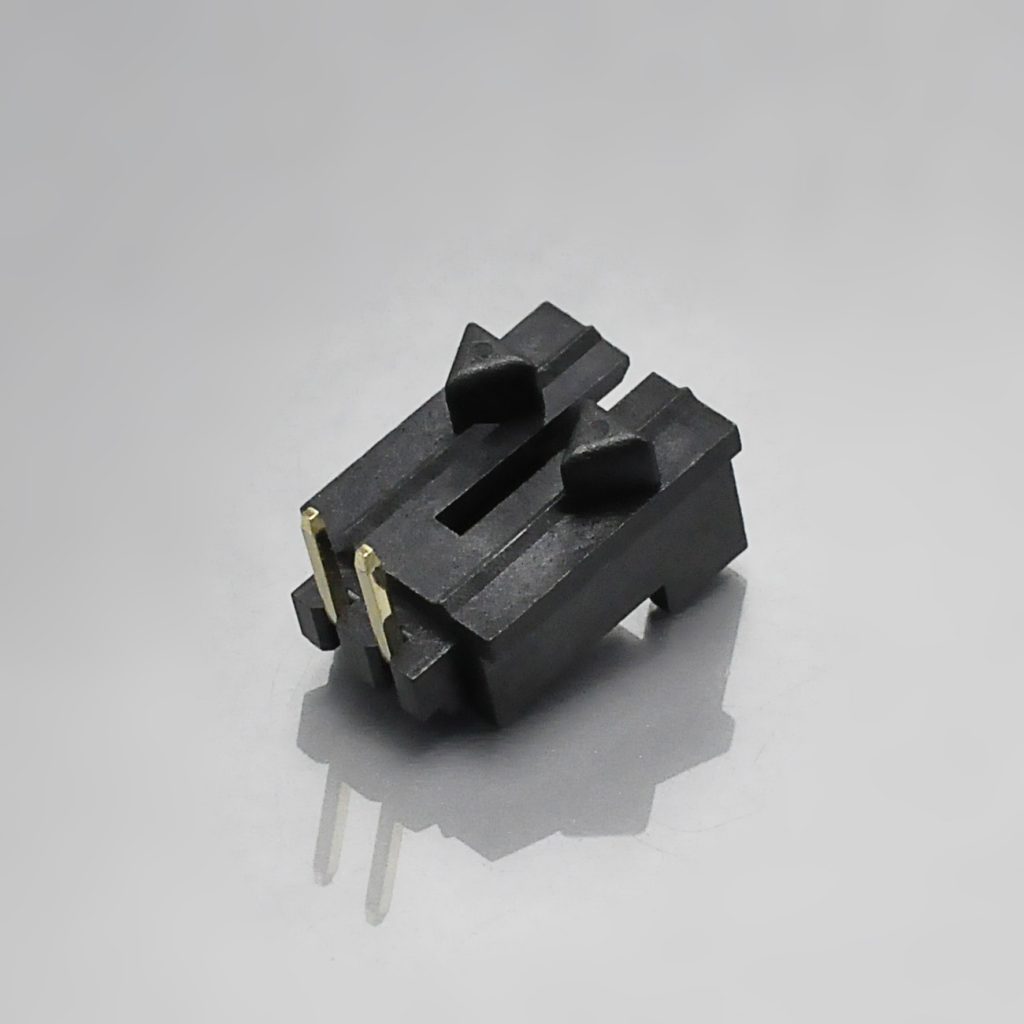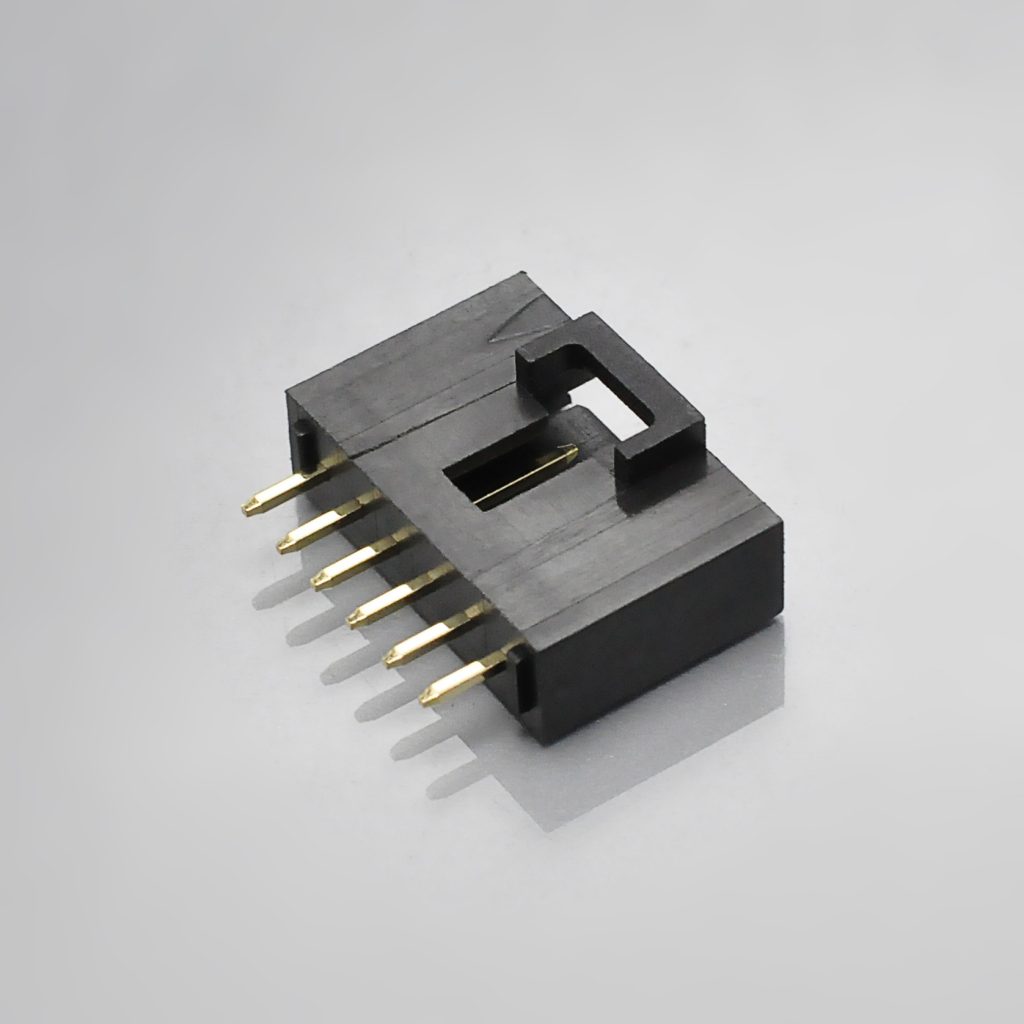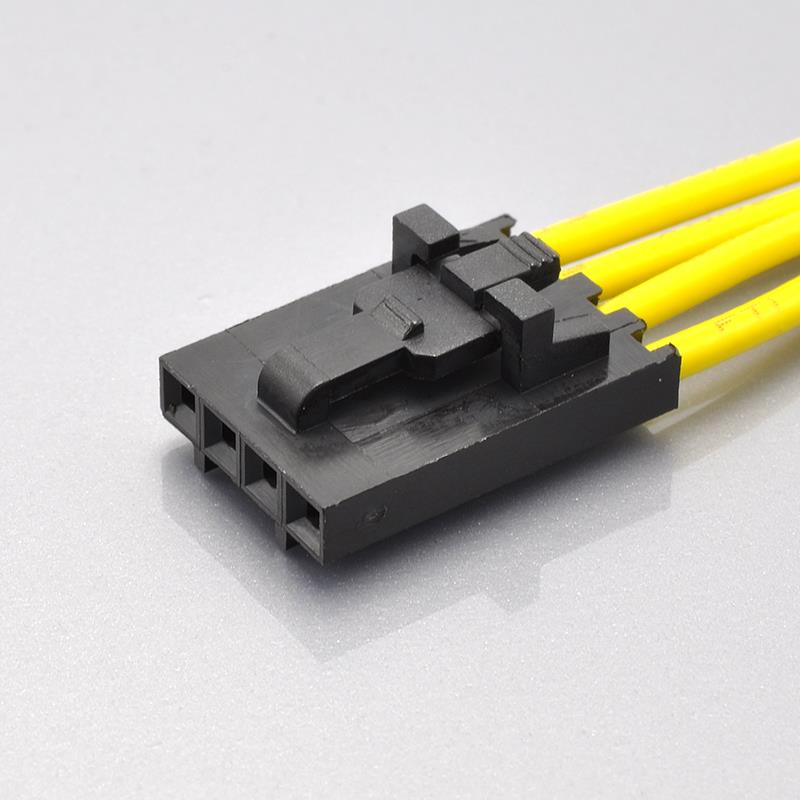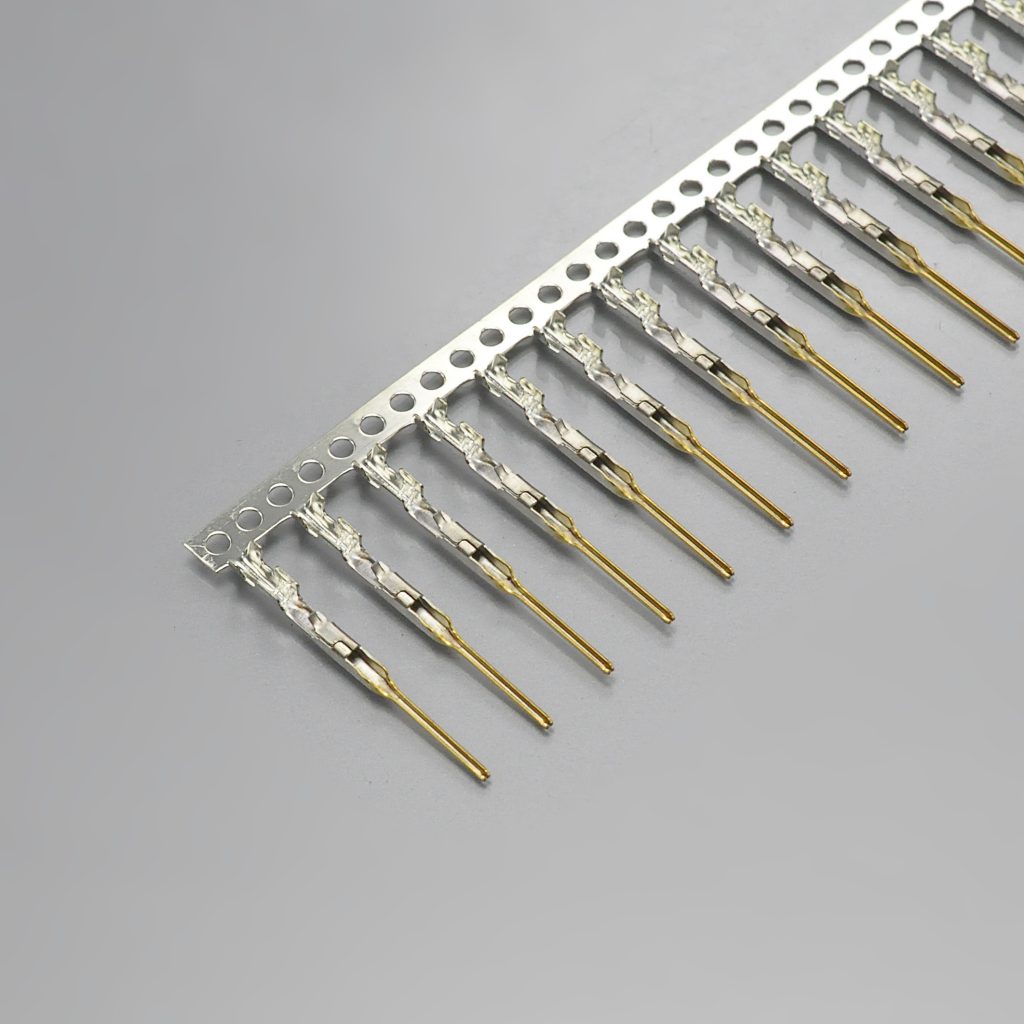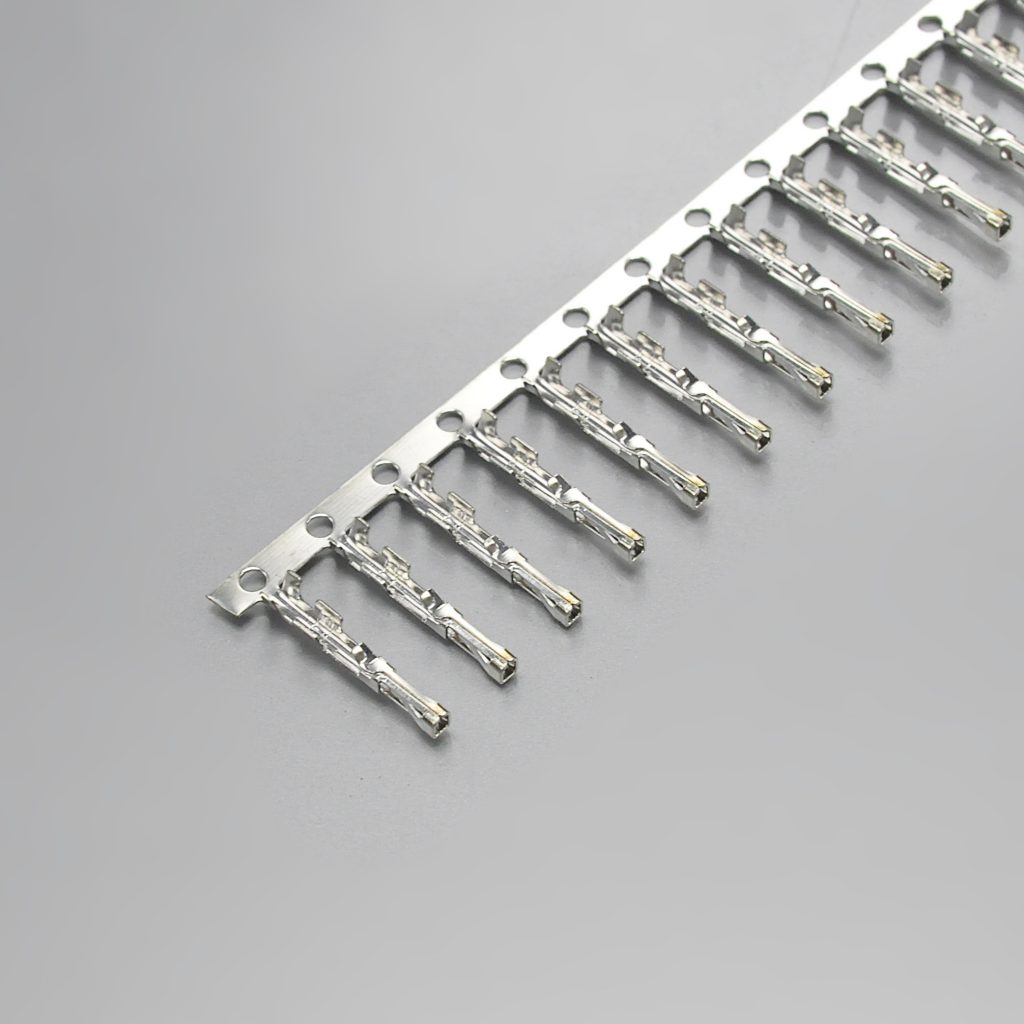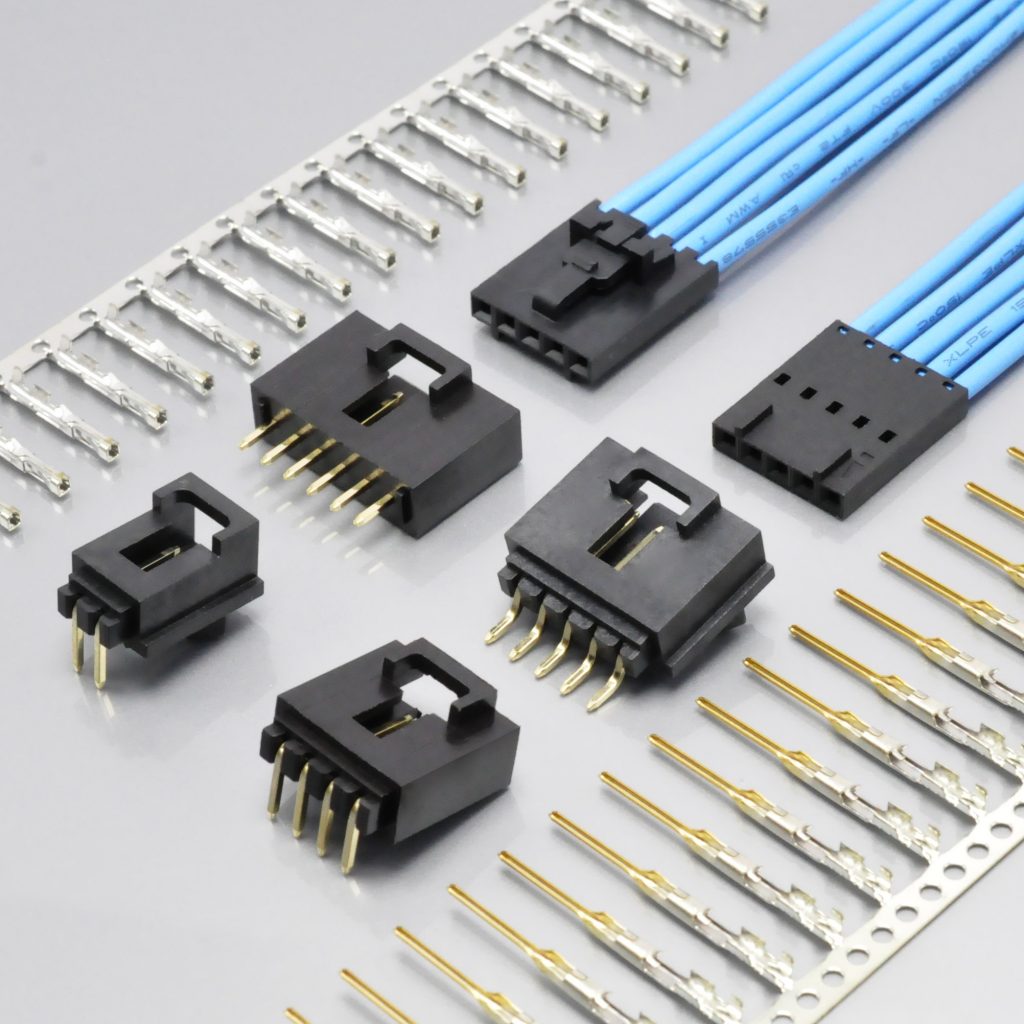
KR2541 Series SL Wire to Board Crimp Connector
SL connector, DIP/SMT wafer, with its large number of options and configurations, SL Modular Connectors and Assemblies deliver ideal wire-to-wire solutions and its varying PCB termination methods, including reflow process capable versions, support a range of wire-to-board applications.
| Pitch | 2.54mm |
| Circuits: | 2-20pin |
| Current: | 3A |
| Voltage: | 250V |
KR2541 Series SL Wire to Board Crimp Connector
Select Components
Download
General Specifaction
| Material: | PA66/PA9T/UL94/Phosphor Bronze/Brass |
| Insulation O.D | 2.54mm |
| Withstanding Voltage: | 1000V AC/ minute |
| Temperature Range: | -40℃~+105℃ |
| Contact Resistance: | 20m Q/max |
| Insulation Resistance: | 1000MQ/ min |
| Product Plating | Tin/Gold Flash over Nickel |
Overview
The KR2541 connector series is a versatile product family for a wide range of applications. Unique to the KR2541 series is its innovative friction locking feature, which ensures reliable connections in wire-to-board and wire-to-wire configurations. With a standard pitch of 2.54 mm, the connectors offer a perfect blend of compactness and ease of use, making them ideal for applications where space is at a premium but performance is critical, and the KR2541 series is highly modular, offering a wide range of housings, crimp terminals, and receptacles that can be customised according to the actual needs of the user. A single row of connectors supports 2 to 20 circuits, which meets different connection needs. In addition, its convenient design and simple operation make it more user-friendly. The built-in polarisation function effectively prevents incorrect mating from occurring, while the secure locking mechanism ensures that the connector remains stable in unstable or high vibration environments. Given its many advantages, the KR2541 series connectors have become the preferred solution for new energy storage and other fields. In addition, the KR2541 series connectors also support a variety of wire gauges, and are therefore also suitable for signal transmission and low power applications, demonstrating their wide adaptability and strong practicality.
Advantages
- Reduces the risk of terminal dislodgement in high vibration environments
The use of Terminal Position Assurance (TPA) locks significantly reduces the risk of terminal disconnection in high vibration environments, providing greater user peace of mind.
- Accelerate high-speed and automated production processes
We offer tape-and-reel packaging and optional pick-and-place vacuum lids, features that dramatically improve productivity and smooth high-speed and highly automated production processes.
- Supporting Flexible Design Needs
To meet the needs of different applications, we offer low-profile, stackable housings and vertical or right-angle header options that allow users to choose whether or not to install a faceplate, thereby increasing application adaptability.
- Versatile wire connection options for versatility
A variety of termination options are available to meet different connection needs, including discrete wire crimp, flat flex cable (FFC), and insulation displacement technology (IDT), which provide users with a wealth of choices for connector versatility.
- Connector Position Assurance Lock Reduces Disengagement Risk
In high vibration environments, Connector Position Assurance (CPA) locks ensure a solid connection between the connector and the device, reducing the risk of disengagement and ensuring consistent performance.
- Secure terminal connections
The positive locking mating interface design significantly reduces the risk of accidental disconnection of the terminals, providing greater user safety.
- Stable electrical performance and reliability
The terminals are equipped with two independent contact points to ensure the continuity and stability of current transmission, providing long-term reliable electrical performance for the equipment.
- Header Stability During Soldering
The bifurcated PCB header (also known as snap-pin) design effectively enhances the mechanical strength of the header on the printed circuit board (PCB), ensuring stability and reliability during the soldering process.
- Supports reflow soldering process
The headers are made of liquid crystal polymer (LCP) material, which can withstand high temperatures during the reflow soldering process, ensuring that the connectors still maintain excellent performance after soldering.
